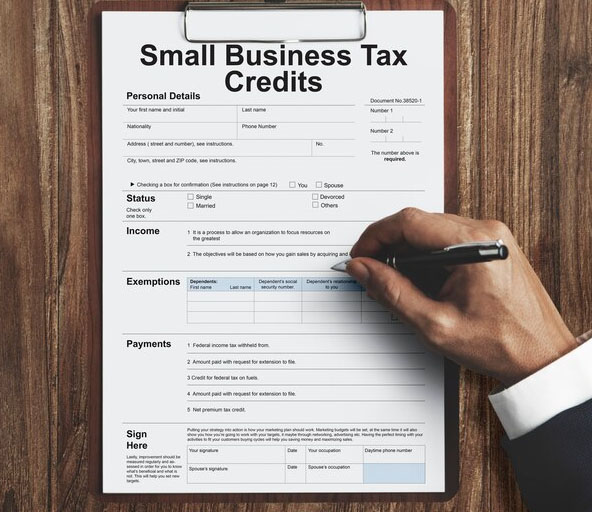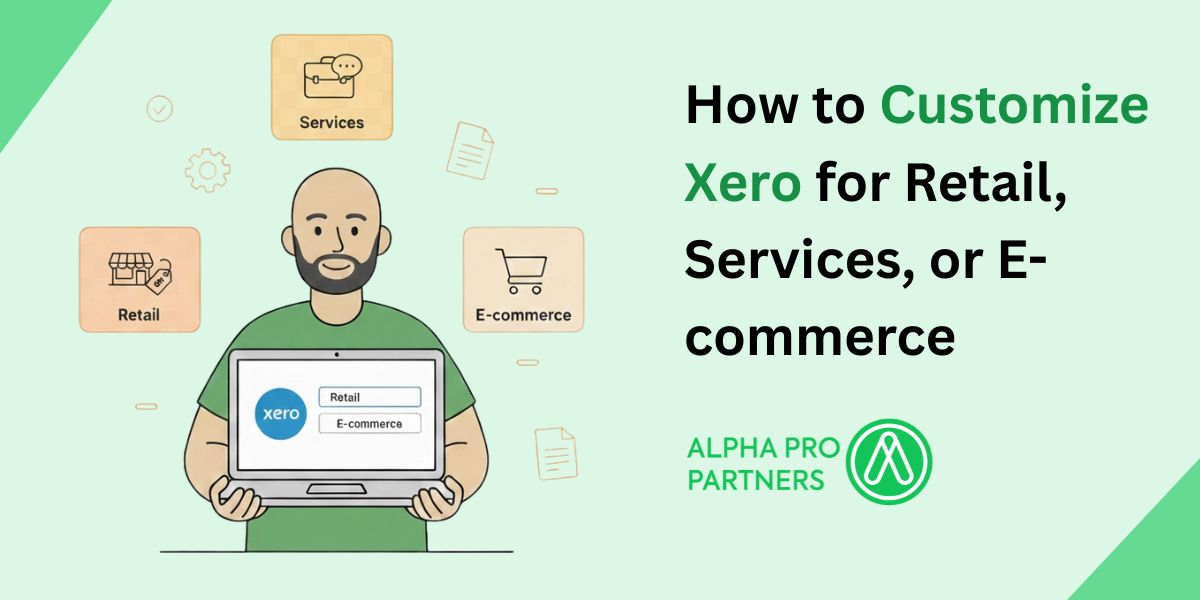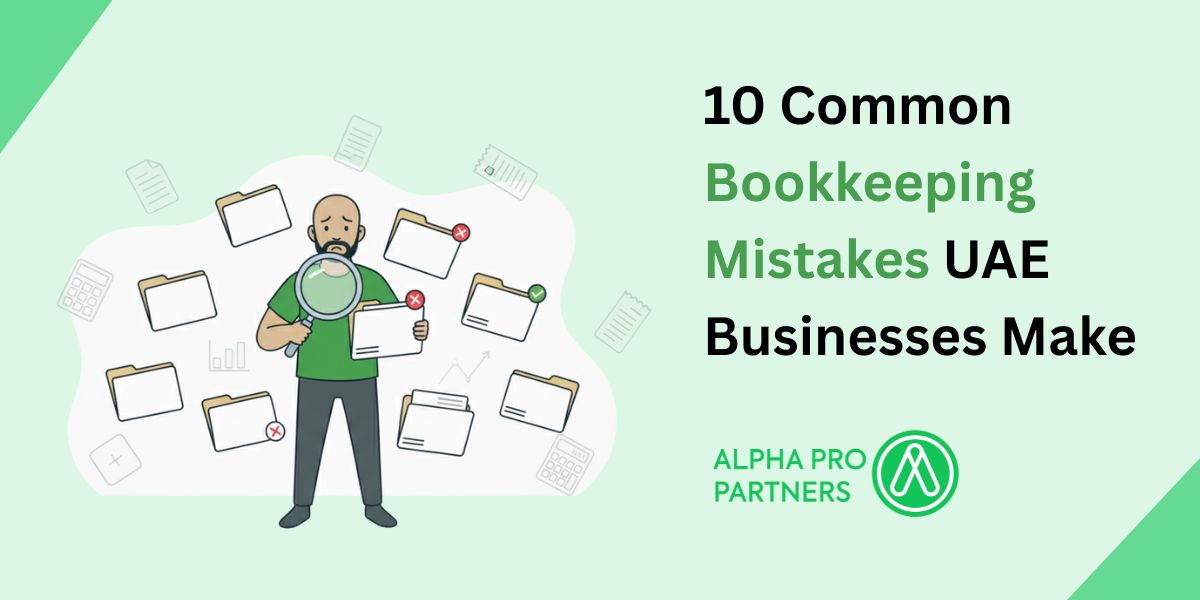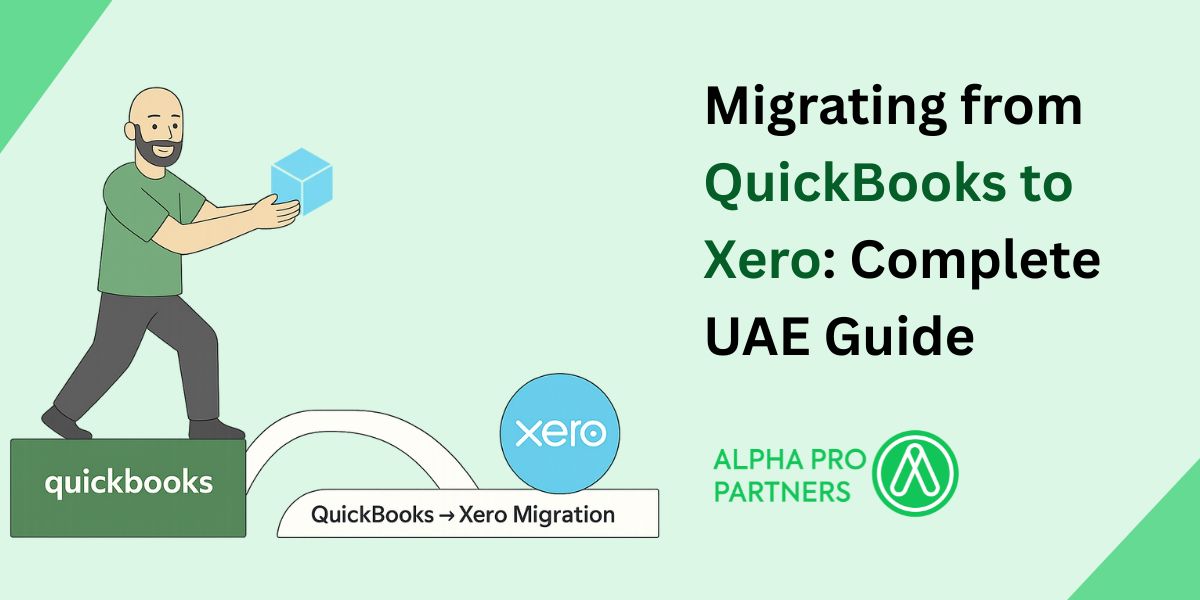Understanding UAE VAT Impact on Your Finances (Salary) and Businesses

The UAE government introduced a new type of tax called the value-added tax (VAT) at the start of 2018. Since then, many businesses have been paying this tax at a fixed rate to show compliance and avoid legal complications.
But still, there are some businesses and individuals, especially the newer ones in the UAE who are confused about this tax and its implications. Individuals are worried about whether they have to pay it from their salary or not. And both businesses and individuals seem to ask what is the percentage of the tax that they have to pay.
If you wish to learn more about this tax in the UAE then you have come to the right place. This blog will clear whatever confusion you might have about this tax so keep on reading till the end.
- What is VAT?
- How is VAT Charged?
- What is the VAT Rate?
- VAT Registration Types
- Zero-Rated vs Exempt Supplies
- Ways VAT Can Impact Your Business
- Business Expenses
- Employee Compensation
- Compliance and Reporting
- Pricing
- Impact on SMEs
- B2B Transactions
- B2C Transactions
- Effects on Cash Flow

What is VAT?
Value Added Tax or VAT is basically a consumption tax like GST (general sales tax) which is levied on goods or services that businesses operating in the UAE offer. VAT is not the same as Corporate Tax as the latter is only applied to businesses on their profits.
It is also different from income tax which is only applied to individuals who declare it to the government themselves or the government deducts it from the salaries. Both the corporate tax and the income tax are not yet enforced in the UAE. This is probably the reason why most expats prefer moving to the UAE for career or business growth.
How is VAT Charged?
VAT is an indirect tax that is collected by an intermediary organization in the UAE responsible for charging this tax on certain goods and services. This tax is charged at every step of the supply chain. Though the consumer doesn’t directly pay the VAT, ultimately the consumer bears the VAT cost when they buy certain products or services.
Let’s clear this up with an example. Consider an electronic goods manufacturer that makes TVs. He will pay VAT on the raw material imported and then create the product. After completion, he will charge VAT plus the cost price to the wholesaler.
Now the wholesaler will charge the retailer the markup on the TV with VAT on top. After that, the retailer will also charge the markup plus VAT when selling the product to the consumer.
Thus in the entire supply chain, every entity will pay the difference between the VAT charged and the VAT paid to the government. In the entire scenario, only the consumer pays a VAT without any refund from the government or some other entity. This type of VAT tax is among the most common consumption taxes around the world.
What is the VAT Rate?
The VAT implementation was agreed upon by all GCC countries in June 2016 who declared that the implementation would begin from the start of 2018. A VAT rate of 5% was fixed for taxable goods and supplies whose profits exceeded an AED 375,000 threshold. This tax is not levied on certain modes of local transport, very specific food items, and some medical or education services.
VAT Registration Types
Following are the two main types of VAT registration in the UAE
- Mandatory Registration
If the value of the taxable supplies or imports of a business are greater than the AED 375,000 annually then that business must register for VAT to avoid legal issues such as fines or license suspension.
- Voluntary Registration
Those businesses whose taxable supplies are less than the AED 375,000 registration threshold but above AED 187,500 can voluntarily register for VAT to obtain special incentives and government support.

Zero-Rated vs Exempt Supplies
There are certain supplies or services in the UAE that are either exempt from the VAT tax or are charged with a 0% VAT.
A 0% VAT means the goods are subject to a 0% VAT but the business can claim the input VAT that it pays on purchases. These supplies include exports of goods outside the GCC, global transportation, supplies of certain means of transport by sea, air, and land, residential properties, education and ancillary goods, health care services, etc.
The exempt supplies are the ones that are not incorporated into the taxable turnover and hence are not subjected to VAT at all. In this case, a business cannot claim input VAT on purchases or issue tax invoices for the sales of goods.
These supplies include financial services, income from residential real estate, bare land-related transactions, local passenger transportation services, etc.

Ways VAT Can Impact Your Business
Following are a few ways VAT can impact a business operating in the UAE
- Business Expenses
VAT is applied to most goods that a business procures. Things like utility bills, office supplies, and professional services are subject to VAT. Businesses need to document these purchases carefully since they can later recover the costs through the VAT return process if they are eligible.
- Employee Compensation
VAT doesn’t directly affect employee salaries as these are not deducted from the actual pay. But the businesses have to account for VAT when they have to take care of employee-related expenses or things like benefits or allowances.
- Compliance and Reporting
VAT registration comes with many obligations like maintaining accurate records, VAT filing, etc. These time-consuming and complex processes need extreme attention to detail. Businesses need professional VAT services to ensure accurate VAT reporting to avoid penalties. Hiring such services reduces administrative burden but leads to more expenses.
- Pricing
Businesses have to reevaluate their pricing strategies to include VAT in the total costs which affects consumer decisions. They have to decide between passing the VAT cost to the consumer by increasing the selling price or absorbing it to retain the customer base.
In the first case, businesses can generate greater profits but it affects their price competitiveness. In the second case, businesses can offer competitive pricing but they have to cut some costs or optimize their processes to get better profit margins.
- Impact on SMEs
VAT implementation has several consequences for SMEs who have limited resources. SMEs that are low on cash flow can take a hit from the compliance costs. These businesses also suffer when they have to pay the tax on sales that have been made but the payments are not yet transferred by the customer.
To make things easier for SMEs, the UAE government has taken several steps like introducing simplified accounting methods like cash accounting schemes. They have also organized seminars and training programs to educate SMEs about VAT regulations and compliance.
- B2B Transactions
In such transactions the VAT impact is manageable as in this case, the VAT-registered businesses can reclaim VAT paid on purchases through input VAT deductions. This leads to a net zero VAT expense for B2B transactions.
- B2C Transactions
In this case, the consumer is not allowed to reclaim VAT which leads to them bearing all VAT costs. This creates several issues for consumer-facing businesses which become susceptible to demand changes due to price adjustments that result from the VAT.

- Effects on Cash Flow
The VAT payments increase the cash flow burden on the businesses that have to regularly file returns. They have to collect VAT on sales and offset it against VAT they paid on purchases. The net difference between the two must be paid to the FTA. Businesses have to pay the VAT on time even if they haven’t received payments from the customers which creates several cash flow challenges.
VAT registration also affects cash flow by creating additional administrative expenses and compliance burdens as businesses now have to issue VAT-compliant invoices, maintain detailed records, and file returns which require the services of VAT specialists and accountants.
Conclusion
VAT registration has many notable impacts on both small and large businesses operating in the UAE. From pricing to cash flow and from managing business expenses to employee compensation this tax can influence several key business decisions.
This is why understanding the implications of VAT is extremely crucial for the success of your business in the region. It can enhance your financial stability and allow you to stay competitive in the evolving business market of the UAE.
You can visit us at Alpha Pro Partners right now to get the top VAT compliance and registration services all over the UAE.
FAQs
- When was VAT introduced in the UAE?
VAT was introduced on the 1st of January 2018.
- What is the standard VAT rate in the UAE?
5% is the standard VAT rate in the UAE.
- Who needs to register for VAT in the UAE?
If the annual taxable supplies of a business are more than AED 375,000, they are required to register for the VAT.
- Why did the UAE introduce VAT?
It was done to diversify sources of revenue so that the UAE government can work more efficiently when it comes to public service tasks.
- How can businesses avoid VAT?
Businesses can do that by splitting their operations into different parts to ensure every section operates under the VAT threshold.
- Is Dubai VAT Free?
Businesses operating in Dubai must pay a 5% VAT if they belong to the mandatory category and make above the taxable amount per year.
- Can non-residents register for VAT in the UAE?
Non-residents must register for VAT if they make supplies for their goods in the UAE.
- What is 0% VAT?
This means that certain goods are taxable at 0% but the supplier is allowed to reclaim the VAT they paid on costs associated with providing these goods or services.
- Can tourists claim VAT in the UAE?
The UAE allows tourists to reclaim VAT on eligible purchases of a minimum of AED 250.
- How can you remove VAT from a price?
You can do this by taking the original figure and dividing it by 100 and the VAT percentage combined.

.webp)







%20Widgets%2C%20Shortcuts%20%26%20Customisation.jpg)







.webp)
.webp)


.png)
.png)
.png)
.png)
.png)

.png)
.png)



.png)
.png)





.jpg)


.jpg)





.png)
.png)






.png)


